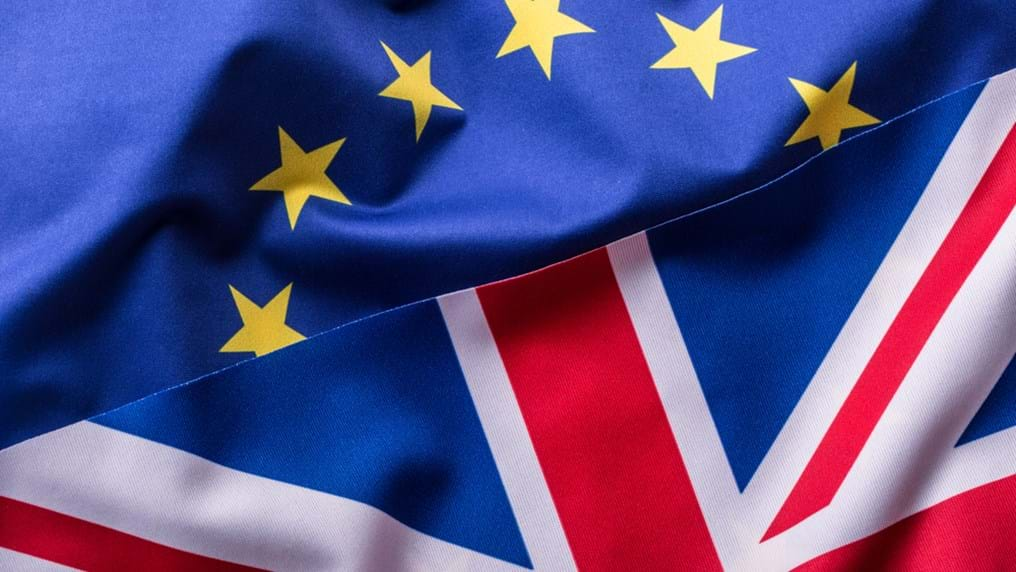IChemE statement on mutual recognition of professional qualifications after EU Exit

30th July 2018
Since the UK referendum to leave the EU, there has been some concerns about the continuing recognition of qualifications. IChemE has been highlighting these and welcomes the UK Government White Paper published in July 2018, which sets out their vision for the future relationship between the European Union and the United Kingdom. The proposals clearly state that the UK wishes to have “a system for the mutual recognition of professional qualifications, enabling professionals to provide services across the UK and EU” and “additional, mutually beneficial arrangements for professional and business services”.
The current EU system of qualification recognition enables UK and EU professionals to practise across the EU (including the UK) without having the retrain or requalify. The UK regulator of engineering qualifications, Engineering Council, has indicated that across the engineering profession, the number of people currently taking the direct route or conversion route towards working in the UK is relatively small. These are fewer than 100 outbound and fewer than 150 inbound. It is important to note that these are only the formal conversions and many engineers may work in other EU member states on an informal arrangement.
The existing professional qualifications agreements predate the decision of the UK to leave the EU. Therefore, existing qualifications would still be recognised. Negotiators for both the UK and EU have previously stated that they seek mutual agreement and recognition in the future.
In March 2018, the European Council published guidelines which stated a desire that the future partnership between the UK and the EU should include ambitious provision for the recognition of professional qualifications. The UK Government agrees with this position.
The White Paper states that future arrangements with the EU should not be constrained by existing EU free trade agreement precedents. One example of this is the Comprehensive Economic and Trade Agreement (CETA) which only includes a framework for regulators to negotiate mutual recognition of professional qualifications in third countries (non-EU).
The current UK position proposes a system that:
- is broad in scope, covering the same range of professions as the Mutual Recognition of Qualifications Directive;
- includes those operating either on a permanent or temporary basis across borders;
- is predictable and proportionate, enabling professionals to demonstrate that they meet the necessary requirements, or to undertake legitimate compensatory measures where there is a significant difference between qualifications or training, in a timely way; and
- provides transparency, with cooperation between regulators to facilitate the exchange of information about breaches of professional standards, and to review changes to professional qualifications over time.
The White Paper also sets out a framework that will enable the movement of UK and EU citizens for tourism, temporary business activity, ‘talented people’ and students and young people. Further details of this will be published following the Migration Advisory Committee (MAC) report on international students and EU migration due in September 2018. There is already an agreement between the UK and the EU that EU citizens living in the UK and UK nationals living in the EU before the end of the implementation period with certainty about their rights going forward. Individuals will continue to be able to move, live and work on the same basis as now up until the end of December 2020.
IChemE welcomes this strong confirmation of the UK position and will continue to work with partners including the Royal Academy of Engineering, the Campaign for Science and Engineering (CaSE) and other science and engineering bodies to promote the importance of continued recognition, collaboration and communication between the UK and the EU during the negotiations, transition period and beyond.